The Mind section of the Kent’s repertory contains rubrics or categories that relate to a patient’s mental and emotional state. Below are several significant mind rubrics from the H alphabet series, along with their corresponding highly recommended remedies.
However, interpreting these rubrics can be challenging for some practitioners.
Table of Contents
ToggleHATRED/MALICIOUS/MISANTHROPY
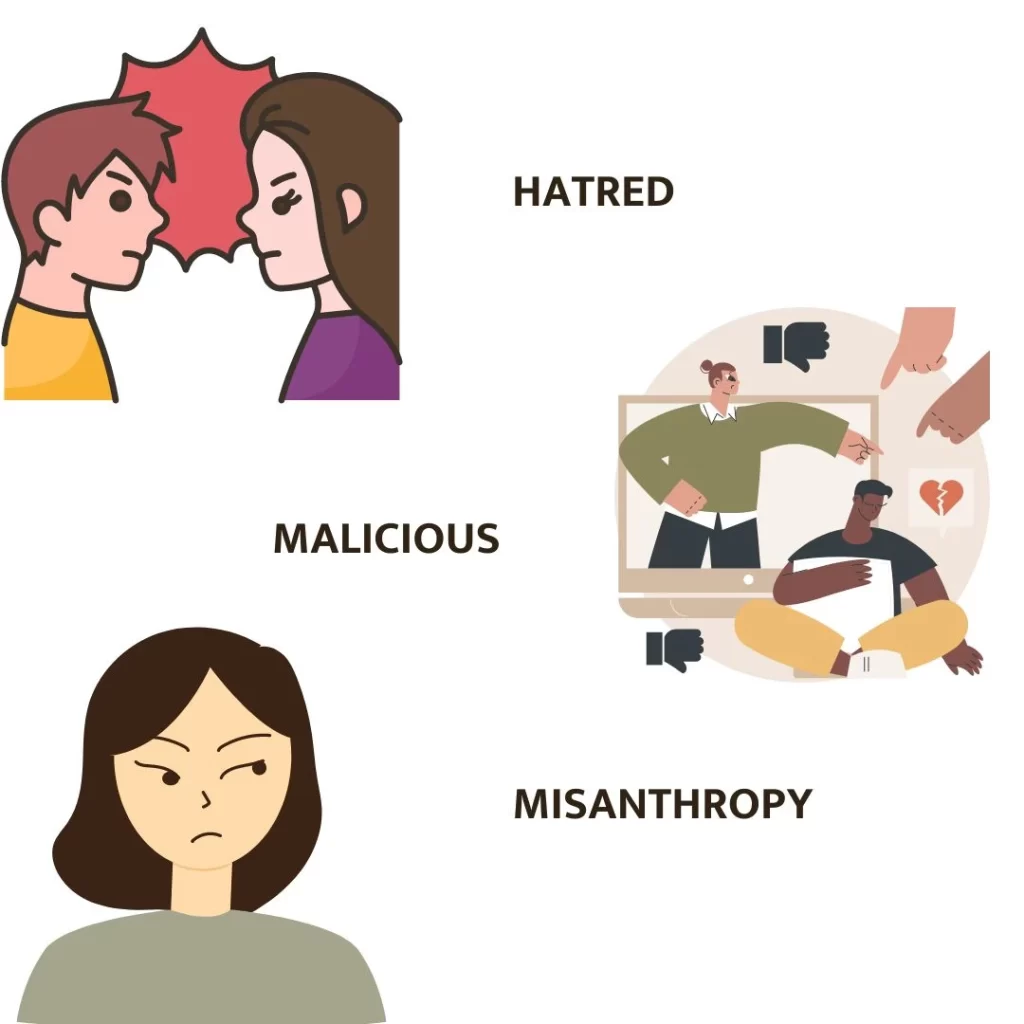
Hatred is when you really, really don’t like someone or something.
It’s more than just not getting along—it’s feeling deep anger and wanting to hurt or make them suffer.
Maliciousness is when you not only dislike someone, but you actually want to cause harm, damage, or make them feel bad.
It’s like enjoying being mean and seeing others suffer.
Misanthropy is when you have a negative view of all people.
You don’t trust or like humanity in general. You might think people are selfish, untrustworthy, or don’t deserve kindness.
People who feel this way tend to avoid being around others and prefer to be alone.
Although all three involve negative feelings toward others, they differ in how strong those feelings are, whether there’s an intention to harm, and whether it’s about a specific person or a general dislike for people in general.
Hatred is a strong dislike, maliciousness involves wanting to hurt others, and misanthropy is a dislike for humanity as a whole.
Remedies: Anac., led., lach., puls., stann.
HEADLESS/CARELESS
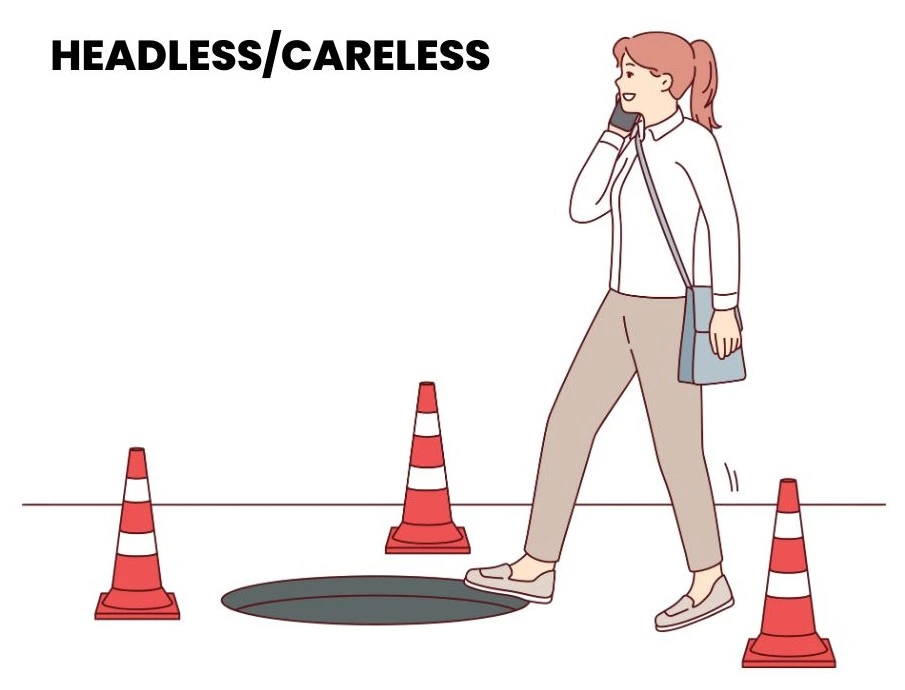
Headless is a metaphor which is used for a person who acts stupid, who is lacking good sense or judgement.
Headless person does not take proper care or attention while doing something, that can give rise to mistakes or even accidents.
Headless person may be acting impulsive or he may simply be indifferent to the consequences of his action or behaviour.
Here are some examples,
A careless housewife leaving the stove on and starts a fire.
A headless student might rush to finish his assignment without reviewing it thoroughly, ends up obtaining low grade as a result.
Remedies: Anac., Caust., Cham., Con., Op., Phos.
HELPLESSNESS, feeling of
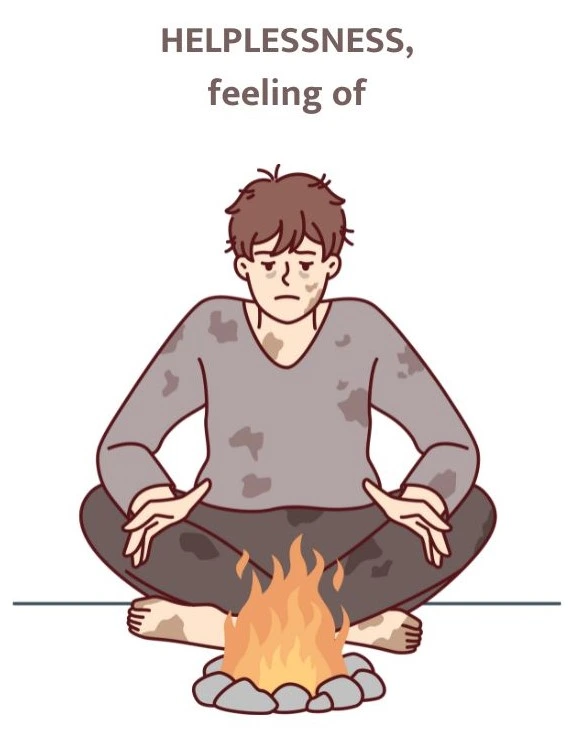
Helplessness is a state where a person feels like they can’t do anything to make a situation better, no matter how hard they try.
It’s like being trapped and powerless, with no obvious way out.
This can make a person feel really bad, with emotions like sadness, frustration, and worry.
Remedies: Kali-br., Phos., Stram.
HIDE

“To hide” is a verb that means to conceal or keep something or someone out of sight or secret.
It can be a deliberate action taken to avoid detection or to keep something private, or it can be an instinctual behaviour to protect oneself from harm or danger.
Desire to: Bell., Hell., Puls., Stram.
On account of fear: Ars., Bell.
Child thinks all visitors laugh at it and hides behind furniture: Bar-c.
Hides things: Bell.
HIGH-SPIRITED

“High spirited” is a phrase used to describe a person who is very lively and full of energy.
They might be enthusiastic and passionate about things, and have a positive and upbeat attitude.
It can be a good thing to be high spirited, as it can make you feel happy and motivated
Remedies: Hyos., Op., Verat.
HOME

“Home” refers to a location where an individual or family resides, usually a house or an apartment.
It serves as a safe haven of comfort and security, where one can unwind and express their true selves.
Home is where cherished memories are made with loved ones, where meals and conversations are shared, and where one can find solace and shelter from the world outside.
It can also represent a person’s identity and a sense of belonging and pride.
Desire to go: Bry., Calc., Lach., Op.
Desire to leave home: Elat.
Talks of: Bry.
HOME-SICKNESS

Homesickness is a feeling of sadness or longing that occurs when a person is away from their home or familiar environment.
It’s a natural response that can happen to anyone, especially when they’re in a new or unfamiliar place for an extended period of time.
Symptoms of homesickness may include feeling sad or anxious, missing family and friends, and having trouble sleeping or concentrating.
Remedies: Caps., Carb-an., Ph-ac.
HONOR, effects of wounded
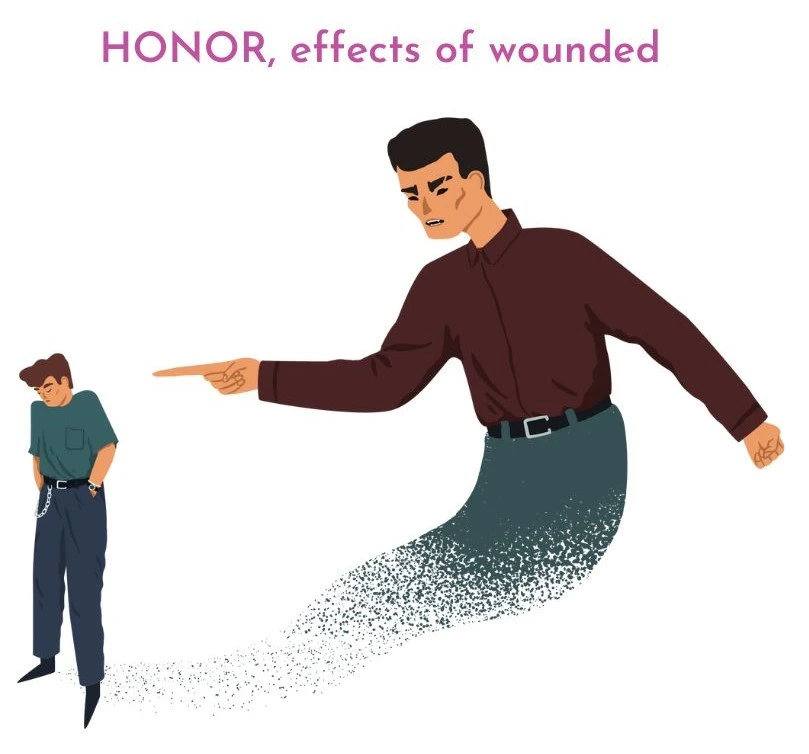
The phrase “Wounded honor” describes a situation in which someone’s sense of dignity, integrity or reputation gets negatively affected.
Just the way we can get physically hurt or wounded, our honor can also be hurt when we act or behave against the principles of honesty, fairness or moral uprightness that are associated with honor.
Wounded honor suggests that the person has lost or damaged the respect and dignity he used to have.
When does this occur?
When someone lies, cheats, steals or gets involved in immoral or unethical activities such as sexual harassment, discrimination, bullying or act against principles of honesty, integrity and fairness he is violating the social standards of moral goodness that are associated with honor, they face wounded honor as a consequence.
What are the consequences of wounded honor?
There may have serious outcome for an individual or a group.
Here are some examples,
- Loss of trust and confidence of others
- Isolation by others
- Damage to reputation
- Guilt and shame
Remedies: Ign., Nux-v., Staph.
HOPEFUL

Hope is a fundamental human emotion that produces a sense of possibility and optimism.
It makes us believe that positive outcomes are viable, even in the face of adversity.
It allows us to imagine a bright future, engaging us to take action and endure the challenges.
Remedies: Acon., Seneg., Tub.
HORRIBLE things, sad stories, affect her profoundly
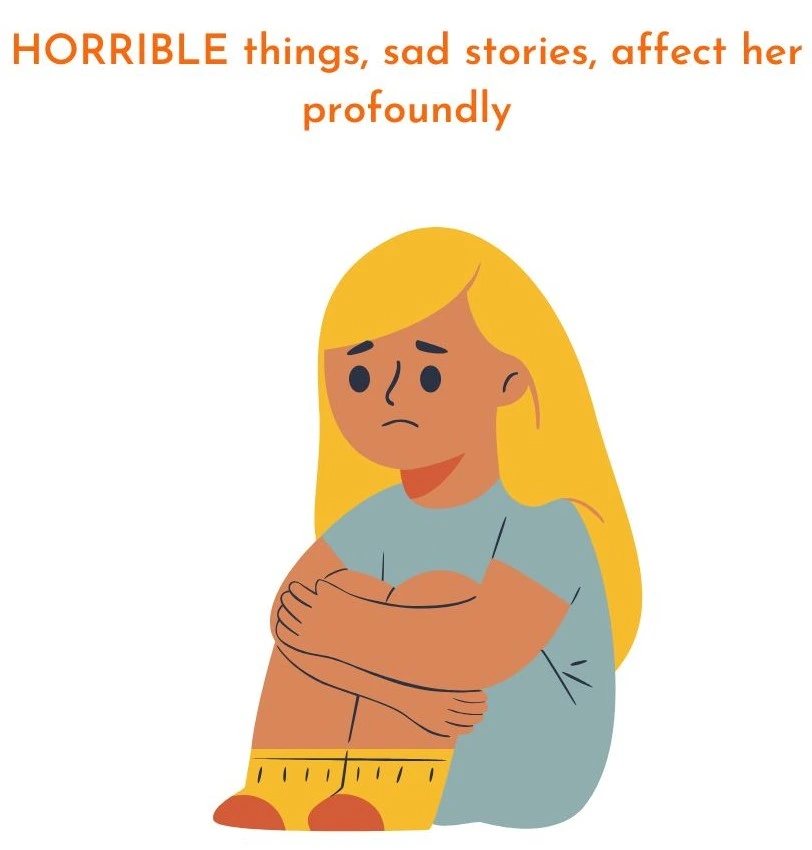
When a person is exposed to terrible or sad things, it can deeply impact them emotionally.
Such experiences can have a long lasting and powerful impression on person’s heart and mind.
It is common to feel as sense of hopelessness, sadness, grief or even anger specially for those who have witnessed traumatic events in their past.
Remedies: Calc., Cic.
HURRY/HASTINESS/IMPETUOUS/IMPATIENCE
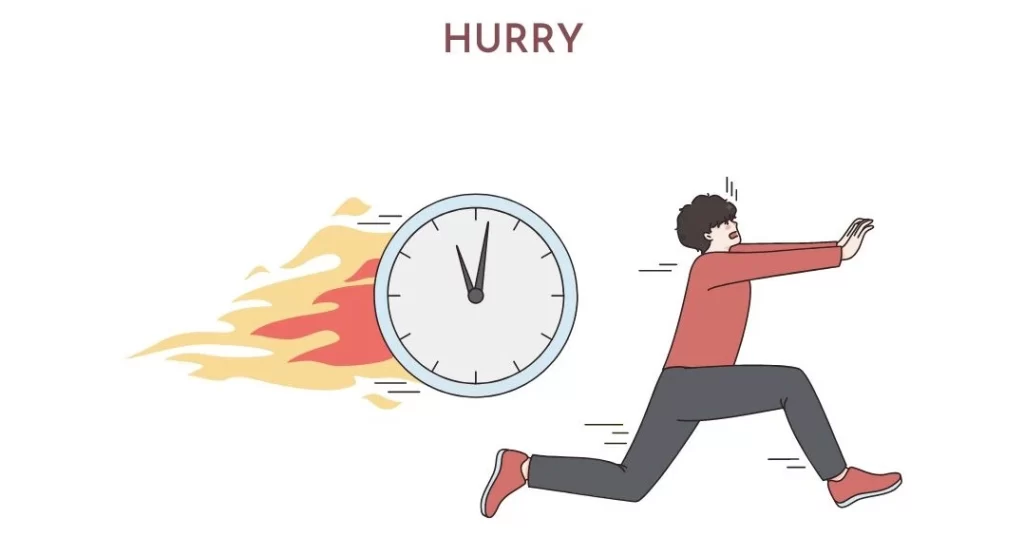
These terms may seem similar but there are some minute differences to keep in mind. Let’s explore the meanings of “Hurry,” “Hastiness,” “Impetuous,” and “Impatience”.
Hurry
“Hurry” refers to doing something quickly or with speed, mostly due to a sense of urgency or a need to complete a task speedily.
It stresses on the need for efficiency and getting things done as soon as possible.
Hurrying is a deliberate action where you recognize the importance of time and want to save it.
Examples:
- I need to hurry to catch the flight.
- I’m in a hurry to finish this assignment before the deadline.
- She hurried to get ready for the engagement party.
Hastiness
On the other hand, “Hastiness” also means to act quickly but, it has a negative sense of doing so without significant thought or consideration.
Hastiness is indicated by impulsiveness and a lack of caution. It’s like taking sudden action without considering the outcomes, ultimately may lead to negative consequences.
Examples:
- His haste to make a decision cost him the project.
- Her hastiness to speak her mind without knowing all the facts created conflict.
- The politician’s hastiness to start his campaign led to several embarrassing mistakes.
Impetuous
While “Impetuous” suggests a tendency to act without any planning or caution.
It is focused more on lack of self-control in making a decision or taking action.
It suggests acting on a whim driven by emotion or passion rather than logic or thought.
Examples:
- He felt impetuous and proposed to his girlfriend of only two months.
- The impetuous driver made a U-turn in the middle of the road.
- She acted impetuously and quit her job without having another lined up.
Impatience
“Impatience” is a state of restlessness or frustration that may arise from a desire for something to happen or be done quickly.
It’s a feeling of being unable to tolerate delay or waiting, and wanting things to happen instantly. Impatience is more of an emotional state than an action itself.
Examples:
- His impatience led to a heated argument with the customer service representative.
- Her impatience with the long line made her leave the store before making her purchase.
- The manager’s impatience led to him rushing and making a mistake in his report.
Remedies: Lil-t., Med., Merc., Nat-m., Sulph.
HYDROPHOBIA

The Greek word “hydro” means water and “phobos” means fear.
The term hydrophobia is used to describe an intense fear of water.
This is not commonly used term in everyday language.
It can have different meanings based on the context.
Medical context
- Associated symptom with a rabies viral infection that affects central nervous system.
- Patient in later stages may develop a fear of water, difficulty in swallowing liquid, excessive salivation when trying to drink water which can lead to choking.
General usage
- Mostly known as Aquaphobia.
- Irrational fear of water in general.
- Fear can cause panic attacks, anxiety or avoidance of water bodies such as swimming pools, lakes or oceans.
- Traumatic past experience or lack of exposure to water in early life may also plant the fear of water.
Remedies: Lyss., Stram.
HYPOCRISY

Hypocrisy is a noun which is used when a person says that he believes in certain values or principles but doesn’t follow them himself.
He pretends to be virtuous or righteous but behave in an opposite way.
Hypocrisy involves criticizing or judging others for things they do, even though hypocritic person does the same things.
Hypocrisy is insincere and deceptive as it involves pretending to be something you are not.
Example: If a person talks a lot about honesty but lies frequently, he is being hypocritical.
It is a negative personality trait which weakens trust and moral integrity.
Remedies: Phos.
HYSTERIA
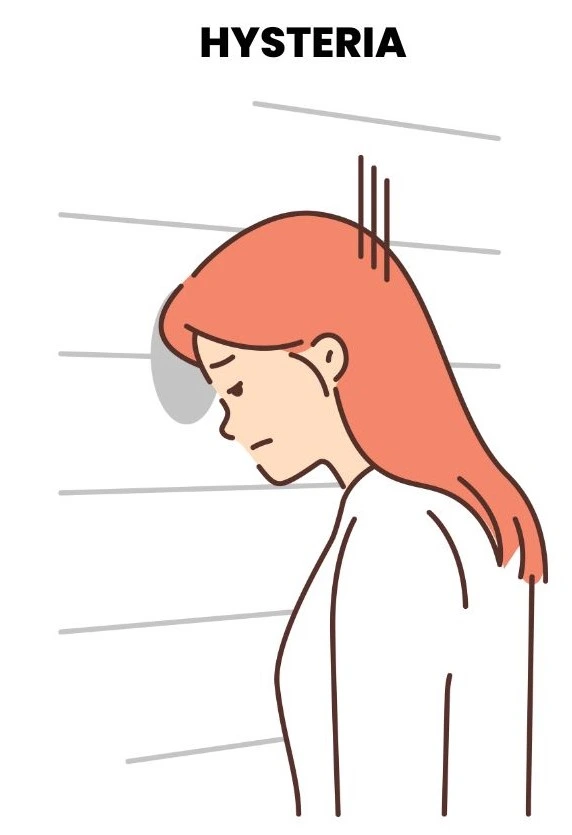
Hysteria suggests a condition in which person experiences unexplained physical or emotional disturbances.
It was believed that this mainly affects women due to problems with uterus.
The word hysteria originated from the ancient Greek term “Hystera” which means uterus.
Anyway, modern medical science no longer uses the term “Hysteria” as a specific diagnosis but focuses on identifying and treating individual symptoms along with focusing on underlying psychological factors.
Among psychologists this term has been criticized for its gender biases.
Remedies: Aur., Caust., Cocc., Gels.
In conclusion, the Mind section of Kent’s Repertory is a valuable tool for homeopathic practitioners to find the appropriate remedy for a patient’s mental and emotional symptoms.

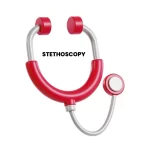


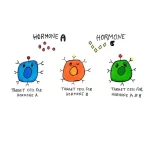

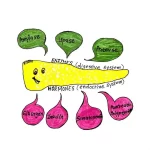
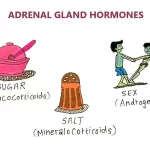

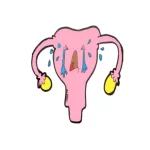
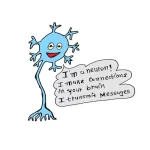
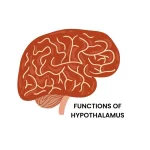
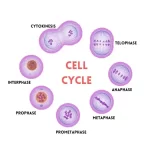
Leave a Reply